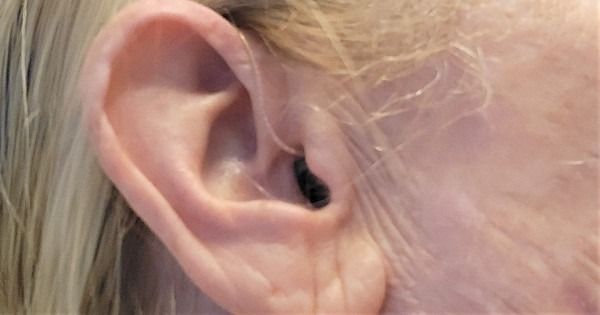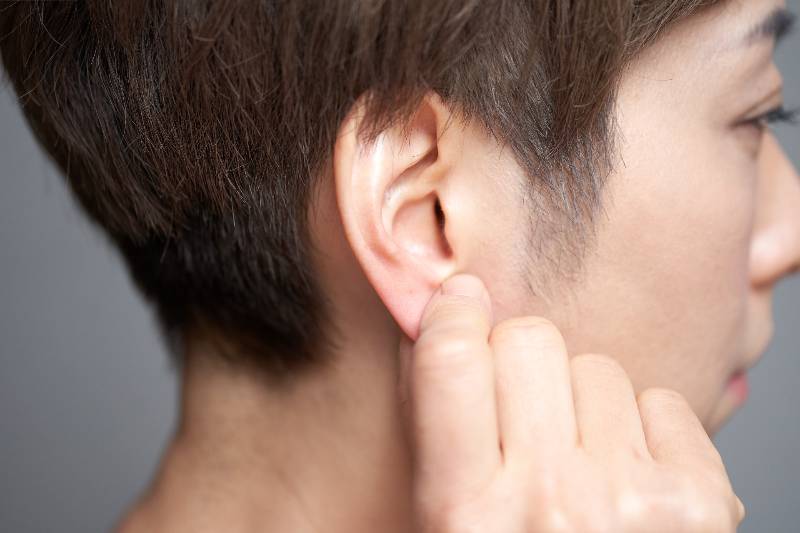Introduction
Life, in all its splendor, can often be a complex maze of experiences, challenges, and transformations. Our ability to navigate this maze is influenced by various factors, including our health. One such health challenge that significantly impacts individuals’ quality of life is meningitis-related hearing loss. This condition transcends the boundaries of physical health, permeating into various facets of life such as daily activities, relationships, education, career, and psychological well-being. The resilient individuals faced with this condition often display remarkable strength, turning these obstacles into opportunities for growth. This blog post is designed as an informative guide and a compassionate advisor, aiming to shed light on the impact of meningitis-related hearing loss on quality of life and to explore strategies to live a fulfilled life despite the challenges.
Impact of Meningitis-Related Hearing Loss on Quality of Life
The repercussions of meningitis-related hearing loss extend beyond the physical sphere, significantly influencing an individual’s quality of life. As we delve into the details, we will uncover the challenges and the strategies to navigate them, making every hurdle a stepping stone towards resilience.
https://www.hearing-loss.news/hearing-loss-in-children-a-comprehensive/
Impact on Daily Activities Navigating Challenges with Hearing Loss
Hearing is a key sensory input that plays a crucial role in our daily life, influencing our interaction with the environment and people around us. When affected by meningitis and hearing loss, tasks that were previously effortless can become challenging.
From communicating with family and friends to participating in social gatherings, hearing loss can complicate these activities. Everyday sounds like the ringing of the doorbell, the whistling of the kettle, or the playing of music, which were once part of the background tapestry of life, may become challenging to discern.
Yet, despite these challenges, individuals can navigate their daily life successfully with some adaptations and the use of assistive technologies. For instance, visual and vibrating alerts can replace auditory signals for doorbells or alarms. Similarly, hearing aids and cochlear implants can enhance auditory perception, making communication easier.
Deafness: A Journey of Challenges and Triumphs
Relationships and Communication Enhancing Connections Despite Hearing Loss
Communication is the bedrock of our relationships, facilitating connection and understanding. Meningitis-induced hearing loss can impact this dynamic, potentially leading to misunderstandings and feelings of isolation. However, it’s important to remember that effective communication isn’t just about hearing; it’s about understanding, empathy, and connection.
One strategy to enhance communication is the use of sign language or lip-reading. These tools can provide an alternate mode of communication, ensuring that individuals with hearing loss continue to connect with their loved ones. For instance, Thomas, who lost his hearing due to meningitis, learned sign language and now actively communicates with his family and friends.
Technology can also bridge the communication gap. Assistive devices like hearing aids and cochlear implants, captioning services, and speech-to-text apps can facilitate easier communication.
Education and Career Pursuing Success with Meningitis-Induced Hearing Loss
Educational and career pursuits are integral aspects of our lives. For individuals grappling with meningitis and hearing loss, these pursuits may present unique challenges. However, with the right support and resources, success is more than achievable.
In the realm of education, students with hearing loss may require additional assistance. Schools and universities can help by providing accommodations like note-taking services, assistive listening devices, or sign language interpreters. For example, Katie, who developed hearing loss due to meningitis during her high school years, was able to graduate with honors, thanks to the support provided by her school.
When it comes to careers, workplace accommodations can level the playing field for individuals with hearing loss. These could range from providing hearing loop systems to offering flexible work options. There are inspiring examples of individuals with hearing loss who have achieved immense success in their fields, such as Dr. Jacob Bolotin, the first person with profound hearing loss to become a licensed medical doctor.
Psychological Well-being Managing Emotional Effects of Hearing Loss
Living with hearing loss can take a toll on one’s psychological well-being. Feelings of frustration, loneliness, or depression are not uncommon. However, acknowledging these emotions and seeking appropriate support can pave the way for managing these emotional effects effectively.
Psychotherapy or counseling can provide a safe space to explore these feelings and develop effective coping strategies. Support groups can also provide solace, allowing individuals to share their experiences and learn from each other. There’s immense power in knowing that you’re not alone.
CBD for Tinnitus: Can It Stop the Ringing?
Enhancing Quality of Life Strategies for a Fulfilled Life with Meningitis-Related Hearing Loss
Improving the quality of life with meningitis-related hearing loss goes beyond merely managing the challenges. It’s about thriving, not just surviving. It involves implementing strategies that enhance one’s physical, emotional, and social well-being.
Adopting a holistic lifestyle can make a significant difference. Regular exercise, a balanced diet, and sufficient sleep can boost overall health and well-being. Engaging in hobbies and recreational activities can provide a creative outlet and enhance emotional health.
Building a strong support network is crucial. This network could comprise family, friends, healthcare professionals, or support groups. The journey of life, especially with challenges like hearing loss, becomes easier when walked with loved ones.
Furthermore, harnessing the power of technology can enhance the quality of life. Assistive devices like hearing aids and cochlear implants, smartphone apps for communication, and alerting devices can aid in everyday life.
Conclusion
The journey with meningitis and hearing loss is undeniably filled with challenges. These challenges, however, are not insurmountable. As we’ve seen, every aspect of life impacted by hearing loss – from daily activities and relationships to education, career, and psychological well-being – can be navigated with resilience.
Navigating daily activities with hearing loss might require some adaptations, but with assistive technologies, these challenges can be mitigated. In the realm of relationships and communication, tools like sign language, lip-reading, and technology can bridge the gap caused by hearing loss.
Pursuing success in education and career is more than possible with the right support and accommodations. Psychological well-being, while often overlooked, is an integral part of the journey with hearing loss. Recognizing the emotional impacts and seeking support can pave the way for improved mental health.
Finally, enhancing the quality of life is about adopting strategies that nurture physical, emotional, and social well-being. With a holistic lifestyle, a strong support network, and the use of technology, individuals with meningitis-related hearing loss can lead fulfilling lives.
In the grand tapestry of life, every thread, including the ones woven with challenges like hearing loss, contributes to the overall design. The key is in not letting these challenges define us, but in defining our resilience in the face of these challenges. After all, life isn’t about waiting for the storm to pass; it’s about learning to dance in the rain.

Pioneering Pathways in Sensorineural Hearing Loss Research
An exploration of sensorineural hearing loss, focusing on causes, innovative research, and potential treatments. Understanding this can guide effective prevention strategies and improved quality of life.








